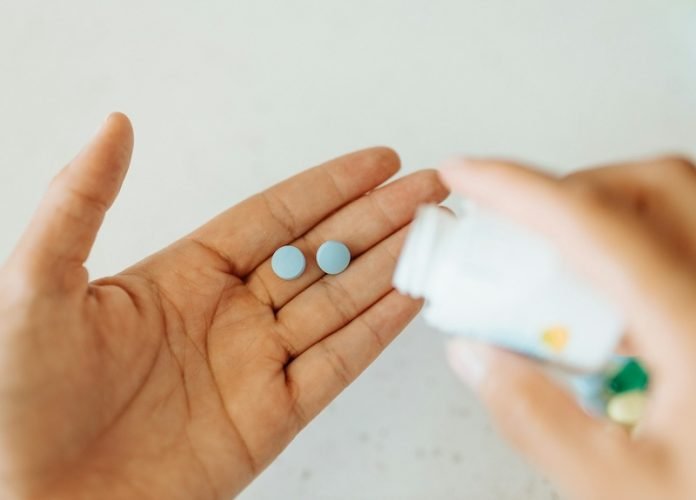
When faced with Parkinson’s disease, a condition that can turn the simple act of moving into a challenge, patients and caregivers often seek out every possible avenue to ease symptoms and slow progression.
Beyond traditional medications and therapies, the world of dietary supplements presents a realm of potential helpers. But with so many options and so much information, what truly can offer support?
Let’s break down the evidence and shed some light on which supplements might offer a beacon of hope for those navigating Parkinson’s.
Parkinson’s disease attacks the nervous system, leading to a cascade of symptoms like tremors, stiffness, and balance problems.
This occurs because of a decrease in dopamine, a vital neurotransmitter that sends messages to the parts of the brain that control movement and coordination.
As the search for a cure continues, supplements have emerged as potential allies in this battle, offering hope for symptom relief and quality of life improvements.
Coenzyme Q10 (CoQ10) has been spotlighted for its role in cellular energy production and antioxidant properties. In the context of Parkinson’s, the theory is that CoQ10 could help protect the brain cells that produce dopamine.
Some studies have shown promising results, suggesting that high doses of CoQ10 might slow the worsening of symptoms in the early stages of Parkinson’s. However, it’s worth noting that not all research agrees, and more extensive studies are needed to confirm these findings.
Omega-3 Fatty Acids, commonly found in fish oil, have a reputation for their anti-inflammatory and brain health benefits. The thinking goes that by reducing inflammation, omega-3s could potentially benefit those with Parkinson’s.
Research in this area is ongoing, but some studies suggest omega-3s might have a protective effect on the nervous system and could play a role in neuroregeneration.
Vitamin D has been under the microscope after observations of lower vitamin D levels in some individuals with Parkinson’s. Given vitamin D’s role in bone health, immune function, and nervous system regulation, there’s speculation that it might help manage Parkinson’s symptoms or its progression.
Some studies have found a correlation between higher vitamin D levels and lower severity of symptoms, though direct causality and the effectiveness of supplementation still require more research.
Curcumin, the active component in turmeric, is celebrated for its potent anti-inflammatory and antioxidant effects. The hypothesis is that curcumin might protect brain cells from damage and reduce the inflammation associated with Parkinson’s disease.
While laboratory and animal studies have shown some neuroprotective effects, human studies are limited, and more research is needed to understand its potential benefits fully.
Creatine, known for its use among athletes for muscle strength and recovery, has also been explored for neurodegenerative diseases, including Parkinson’s. It’s thought to help energize brain cells and offer some protection against damage.
However, studies have yielded mixed results, and the long-term benefits of creatine supplementation for Parkinson’s disease remain uncertain.
Navigating the landscape of supplements for Parkinson’s can feel like piecing together a puzzle with missing pieces. While some supplements show promise, it’s crucial to approach them with caution.
Supplements can interact with traditional medications and might not be suitable for everyone. Always consult with a healthcare provider before adding any supplements to your regimen.
In conclusion, while supplements may offer some hope for managing Parkinson’s symptoms and supporting overall brain health, they are not a standalone solution.
A comprehensive approach, combining medication, physical therapy, a healthy diet, and regular exercise, remains the cornerstone of managing Parkinson’s disease.
As research evolves, we may find clearer answers on how supplements fit into the broader picture of Parkinson’s care.
If you care about Parkinson’s disease, please read studies about Vitamin E that may help prevent Parkinson’s disease, and Vitamin D could benefit people with Parkinson’s disease.
For more information about brain health, please see recent studies about new way to treat Parkinson’s disease, and results showing COVID-19 may be linked to Parkinson’s disease.
Copyright © 2024 Knowridge Science Report. All rights reserved.



